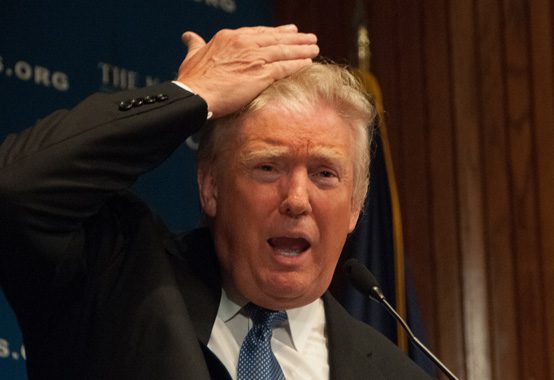Trump and U.S.-China Relations

Doug Bandow chides Trump over the Taiwan call:
In contrast, the Trump phone call serves no obvious purpose. He has no power to act for another seven weeks. There are no critical issues to be settled by the two countries. And his phone conversations with foreign leaders almost uniformly have been vacuous, even embarrassing—just read the transcript of his chat with Pakistani Prime Minister Nawaz Sharif. His aides said that he and Tsai talked about “the close economic, political, and security ties” between the two governments, which sounds like the usual boilerplate. For that Trump is adding more turbulence to U.S.-China relations?
Talking to Taiwan’s president was a serious mistake by itself, but if it signals an intention to alter U.S. policy it could be much more dangerous. We can hope that this is an isolated episode, but even if it is it has still done some damage. Taiwan has the most to lose from deteriorating relations between the U.S. and China, and so it does them no favors to provoke Beijing. That is especially true when there was nothing of importance to be said between Tsai and Trump. No U.S. interest is served by needlessly antagonizing another major power, and to provoke them over something that matters greatly to them and much less to us is simply dumb and to no one’s benefit.
The “defense” of the call has been that Tsai was the one to call Trump, as if that made the breach of protocol in making contact somehow less irresponsible. The Post reports this relevant detail:
Yet Tsai’s office later said the call was arranged in advance by both sides.
If that’s the case, it means that Trump has been getting some very bad advice on these issues, and that doesn’t bode well for China policy once he is in office.
Comments